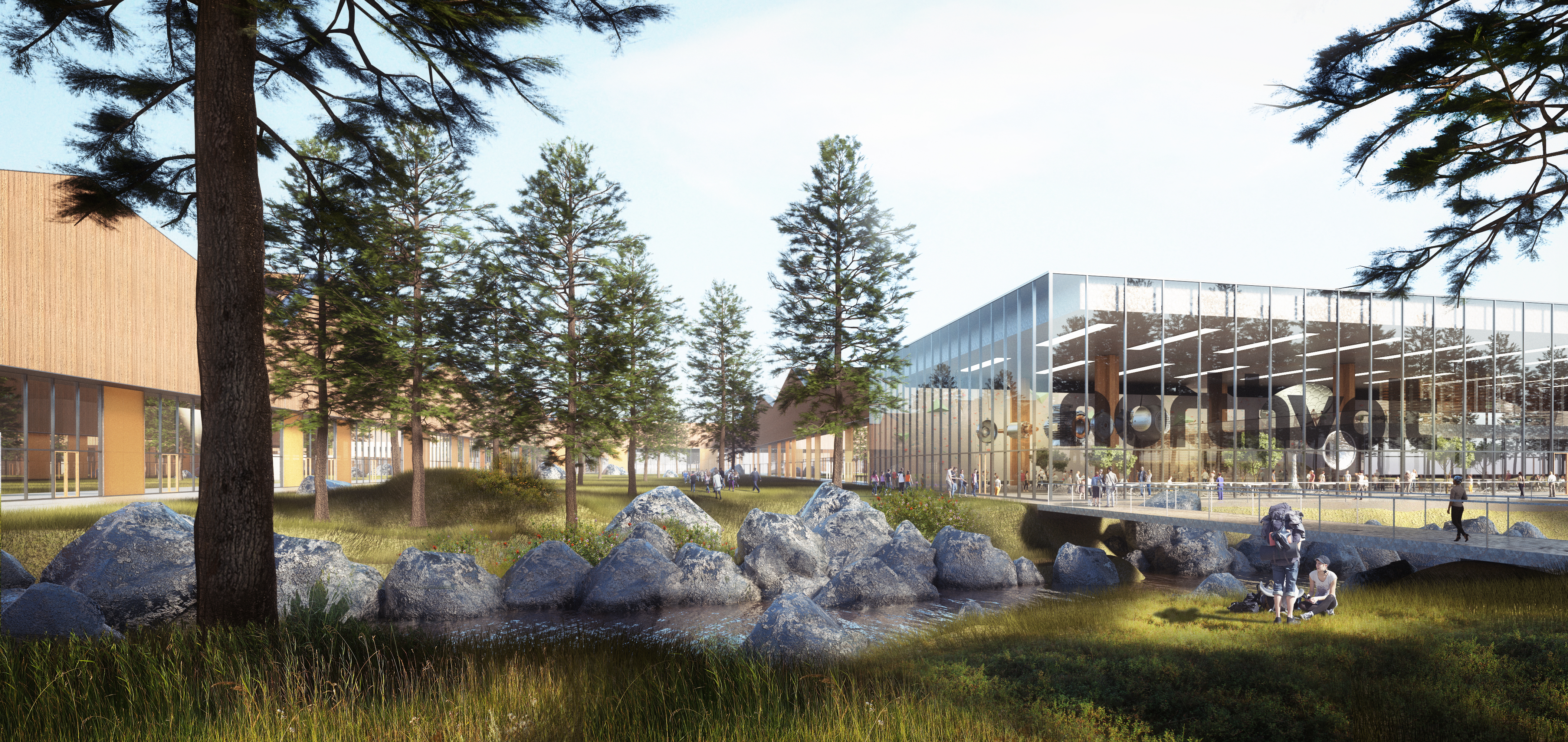Northern Sweden looks to expand its workforce in a bid to keep pace with high-tech growth
The region must attract 25,000 new residents if it is to make the most of huge investments expected in coming decades.

A combination of low unemployment and expected investments in high-tech firms that could amount to a trillion kronor ($120 billion) in Sweden’s two northernmost counties by 2050 is forcing employers there to consider ways to attract about 25,000 new residents to the region in the next five years.
Västerbotten and Norrbotten, with a combined population of 500,000, already have a booming server farm industry that takes advantage of the region’s cool climate and abundant hydroelectric power. In the coming years, it will house a giant battery-making plant and two advanced steel mills that aim to tap into hydroelectric power in order to minimize the carbon footprint of the industry.
The firms say they plan to hire an expected a total of 7,500 people by the time they are fully operational. But their presence is forecast to have have knock-on effects in the form of indirect job growth while also attracting similar industries, two factors that will drive up the total number of new jobs in the region.
[Arctic Europe shows that remoteness doesn’t have to hinder renewable energy growth]
As part of this effort, to attract a workforce to fill those jobs, Luleå University of Technology has now joined with six industrial firms and local authorities in order to promote the region’s employment opportunities.
LTU will increase its enrolment of engineering students, and starting next summer, it will begin guaranteeing engineering students summer employment in their chosen field as way to encourage them to settle in northern Sweden, according to Birgitta Bergvall-Kåreborn, the school’s vice chancellor.
“This is a pleasant challenge that shows the attractiveness of Norrbotten and Västerbotten, but it is a challenge nonetheless. The university has an important role to play and we take this task very seriously,” Bergvall-Kåreborn said.
[A second fossil-free steel mill is planned for northern Sweden]
The project, known as T-25, will seek to match new residents with jobs and help family members find employment.
LKAB, a mining firm that is participating in T-25, expects to need as many as 3,000 new employees as it ramps up production of carbon-free steel. This, however, is on top of an existing employee shortage that it said it hoped to ease by recruiting women engineers as part of a separate initiative organized by industrial firms in the region.
“We have a huge need for employees and that need will only continue to grow as we carry out our strategy,” Carina Martinsson, an LKAB human-resources manager said.